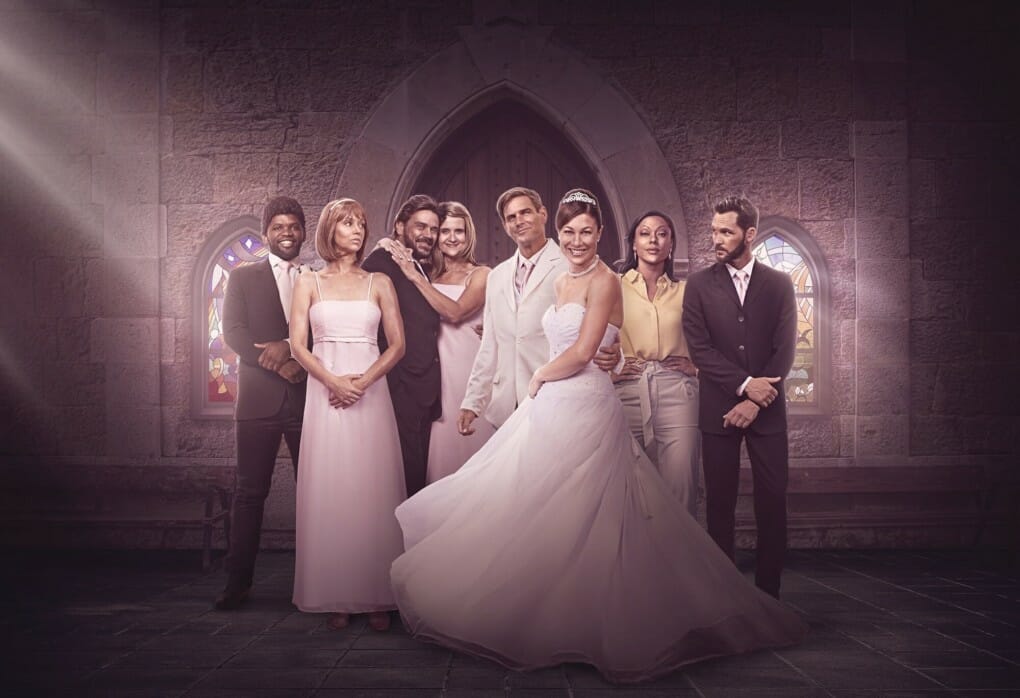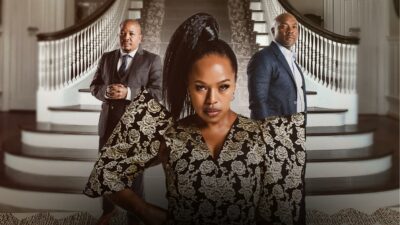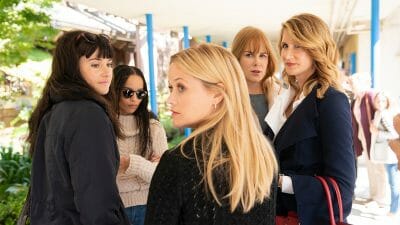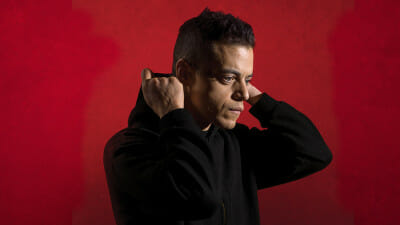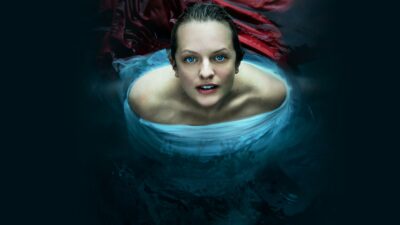9 July 2020
The evocative sounds of Still Breathing
If you’ve enjoyed a top-notch South African production recently, chances are you’ve heard the music of Brendan Jury. The composer is responsible for the scores of shows like Trackers, The River, and of course, M-Net’s latest drama hit, Still Breathing.
In brief, Still Breathing follows a group of long-time friends who have drifted apart – until an unexpected tragedy brings them back together and finally allows all their secrets to start seeping out. There’s an atmosphere of melancholy, sometimes joy, and sometimes even menace – and it’s all enhanced by the evocative score.
“Most film or TV editors will say that sound (not necessarily the score) is half of the experience of viewing a production. So if there is score in a scene that can be extremely important,” says Brendan.
For example, in a production like Trackers, the music represented the mosaic of cultures that made up the landscape of the story, he says. San rhythms and melodic repeating fragments were woven into electronica, Eastern music and cinematic string music to represent the different parts of the story coming together. “Eventually, as the threads of the story wound tighter, the music became denser, taut and unified.”
Brendan has a Bachelor of Music degree (UKZN) so he knows a thing or two about orchestration and electro-acoustic music composition. He is a keyboardist and string player. Still Breathing uses a lot of soft piano music to explore the vulnerabilities of the intimacies between the characters in the drama, he says.
“Then there is a use of Indie genre vocal and guitar music to tell the same emotional journeys in a more epic way. Bigger orchestral moments link these together to illustrate the ways in which a fragile happy Joburg suburban life can be decimated in seconds.”
Score vs theme song
For those who need to understand exactly what “scoring” means, as opposed to writing or composing theme songs or music, Jury explains:
“The score is the dramatic music written specifically for the production to help tell the story. Score music can be accompanied by soundtrack music, which is pre-existing music (often songs) that are used to tell the narrative as well as sound effects (sound design).
“Score can amplify the emotions on the screen – for example, fast, exciting music during a chase scene – or tell a different story that gives the viewer insight into something not on the screen – like ominous music beneath a peaceful scene in a horror.”
Creating the music
The creative process varies from director to director, he says. “Most often it will begin with a discussion about how the director wants to tell the story. What is the role of the music? What are the main themes in the narrative, how is the world of the story portrayed?”
“If it is a dark dystopian story, then music that barely sounds like music can make the audience feel even more uneasy. Sometimes the director wants to represent certain characters thematically so the viewer can hear the hopefulness or heroism of a character in a warm orchestral score.
“Sometimes the landscape is a character that has a sonic identity and cultural meaning. It is the composer’s job to feel how the director wants to shape the acting performances, camera movement, and lighting so the music can enhance these intentions.
“So the process begins with the story and how the director would like to tell that story. Then I will compose some main thematic pieces based on our discussions and the director will steer those first ideas.
“Sometimes the landscape is a character that has a sonic identity and cultural meaning.”
Brendan Jury
“But sometimes there is no time for this kind of exploration, especially in TV drama, and I receive a production with no music and have to score to what I see. Sometimes a production arrives with something called a temp track (where the edit has been done to other composers’ work). Then the composer must write music that achieves a similar emotional impact. The composer is slave to the story and the director’s intentions.”
Jury makes decisions on who to work with based on the cultural context of the story and the general aesthetic of the production. “On Still Breathing the director [Johnny Barbuzano] and I both believed that Josie Field’s restrained yet emotional indie tone was a perfect vehicle to tell the story of the piece in one song. I wrote the words and music and sent them to her. We ended up recording the song on her narrowboat moored just outside of Birmingham, UK.”
More shows with an amazing soundtrack
The Winning Ticket, a Showmax Original
Youngins S1 episodes 1-20 recap
More Mzansi gold
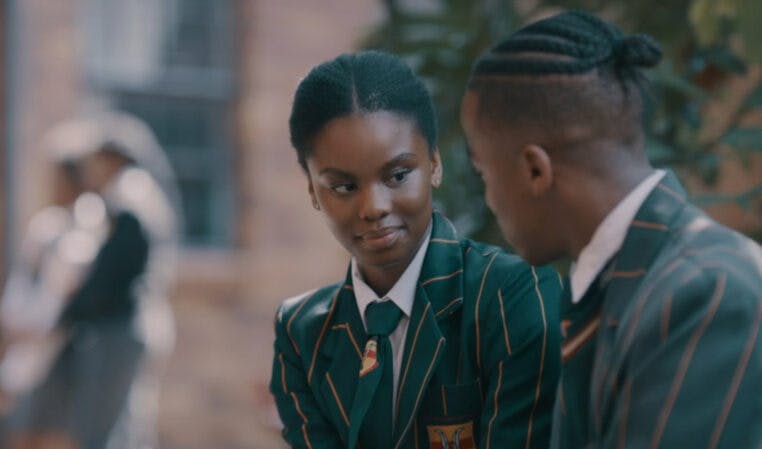
Youngins Season 1 episodes 31-33 recap: Revelations
Amo and Mahlatse become a couple, Tumelo ditches Sefako, and Khaya sees both Sefako and Principal Mthembu in a new light in episodes 31-33 of Showmax Original Youngins.
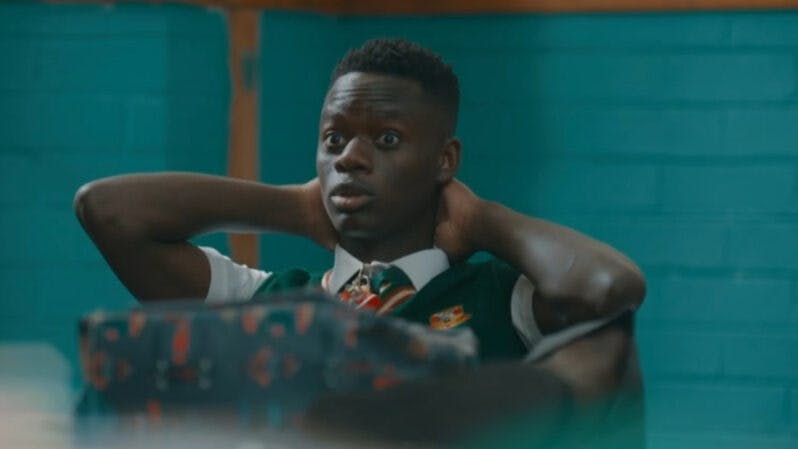
Interview: Knock knock, it’s Youngins’ Tshepo!
Tshepo Matlala talks about how he brings class clown Tshepo’s jokes to life, and what’s behind the mask, in Showmax Original Youngins.
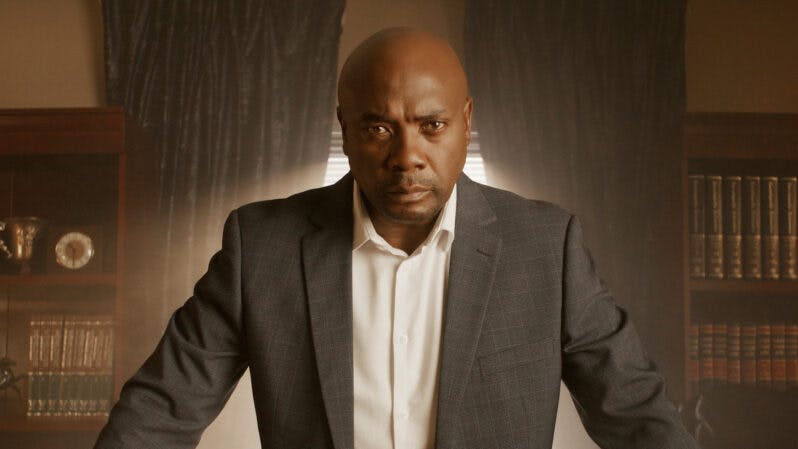
Siyabonga Thwala stars in action-packed Empini
Showmax announces new action-drama series Empini, starring three-times SAFTA winner Siyabonga Thwala. Premieres 23 May on Showmax.
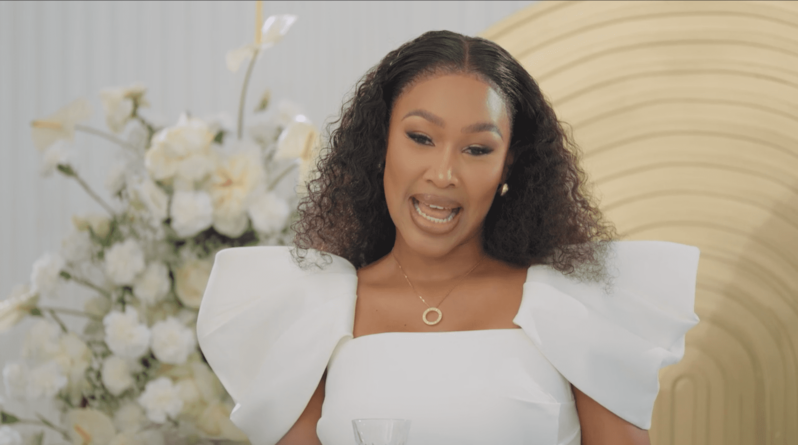
The Mommy Club S2 episode 9 recap: Mrs Mops’ launch event
In episode 9 of The Mommy Club, Mrs Mops launches her skincare range and Barbra and Mantshi make amends. New episodes every Monday.

